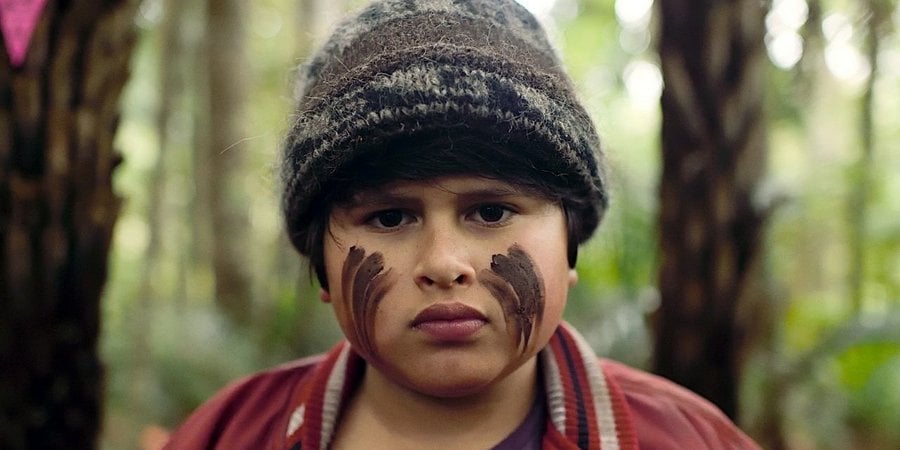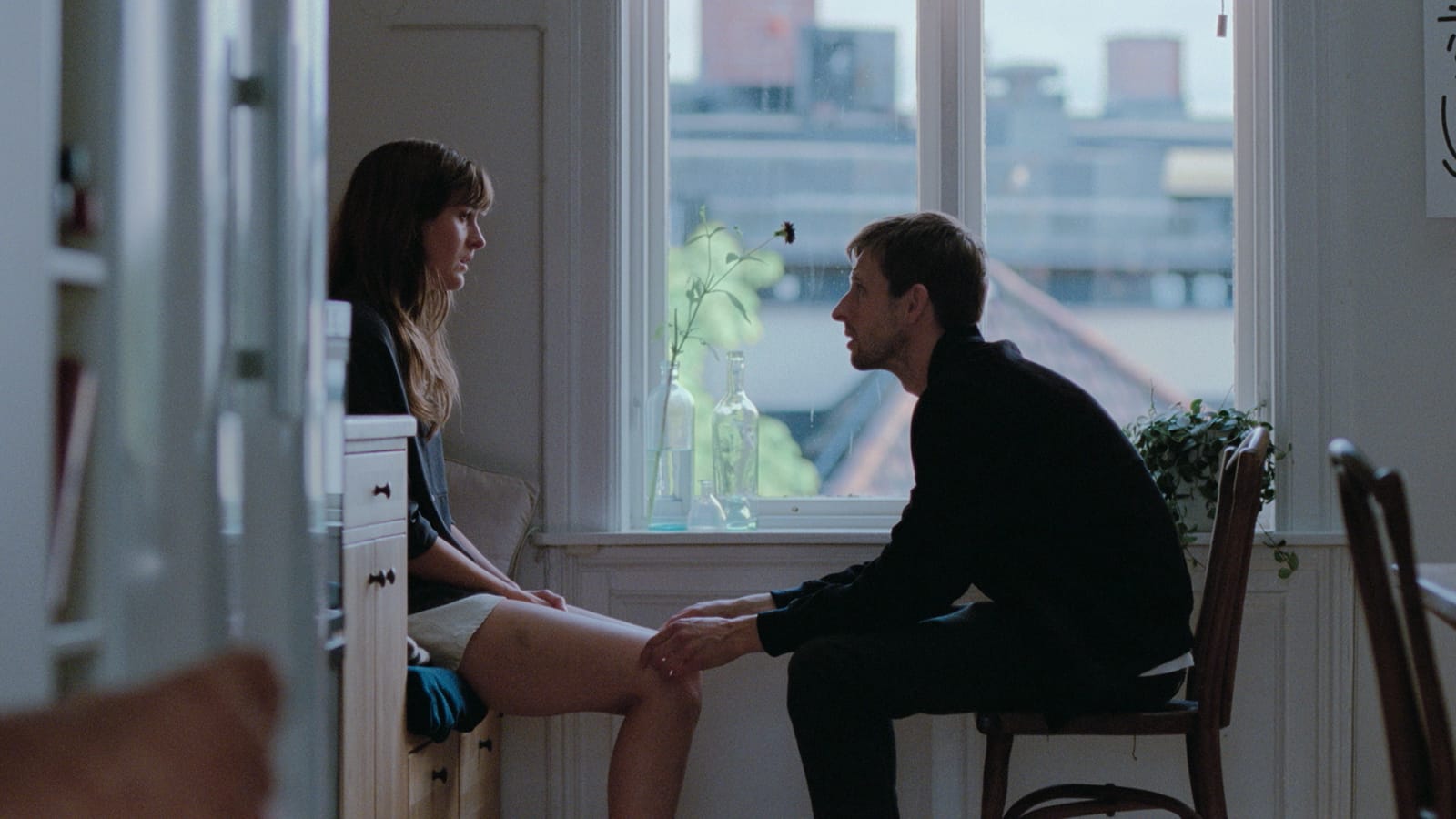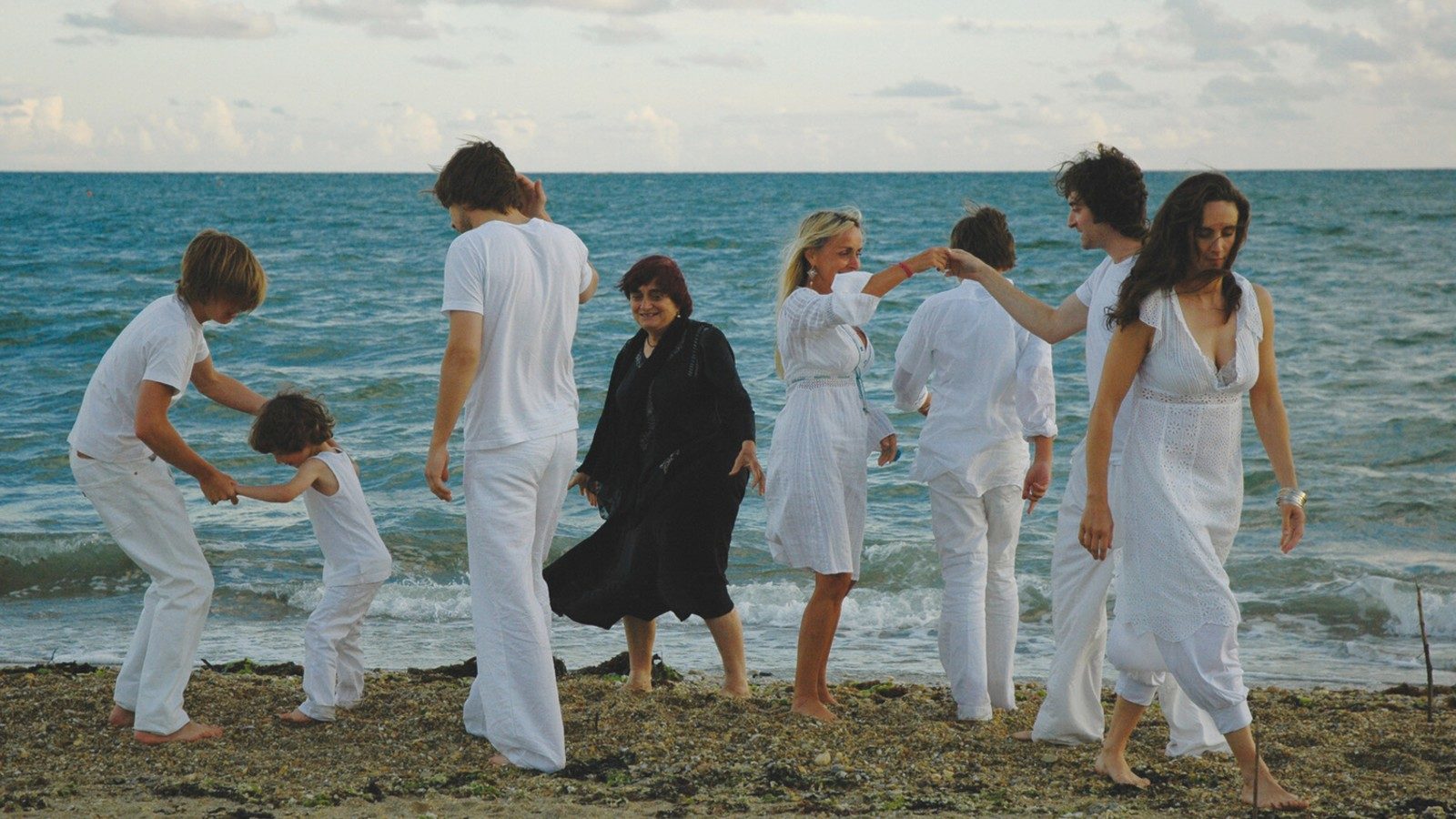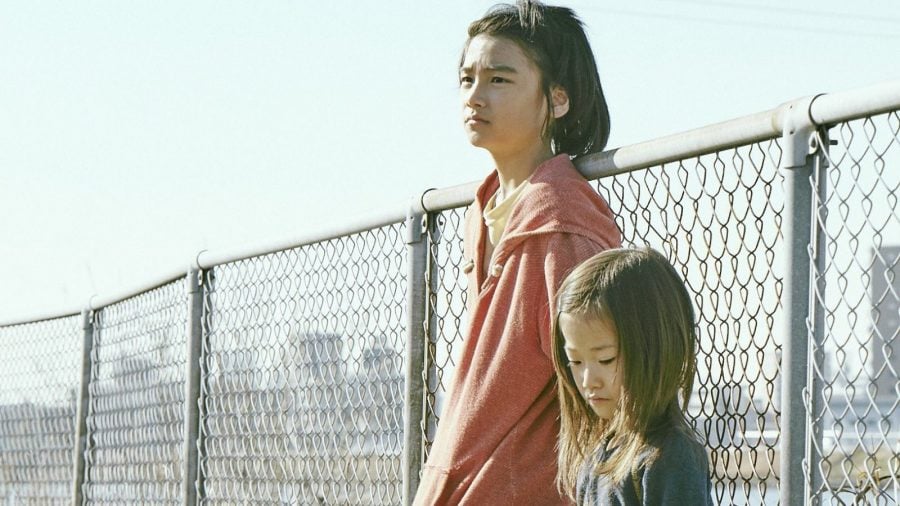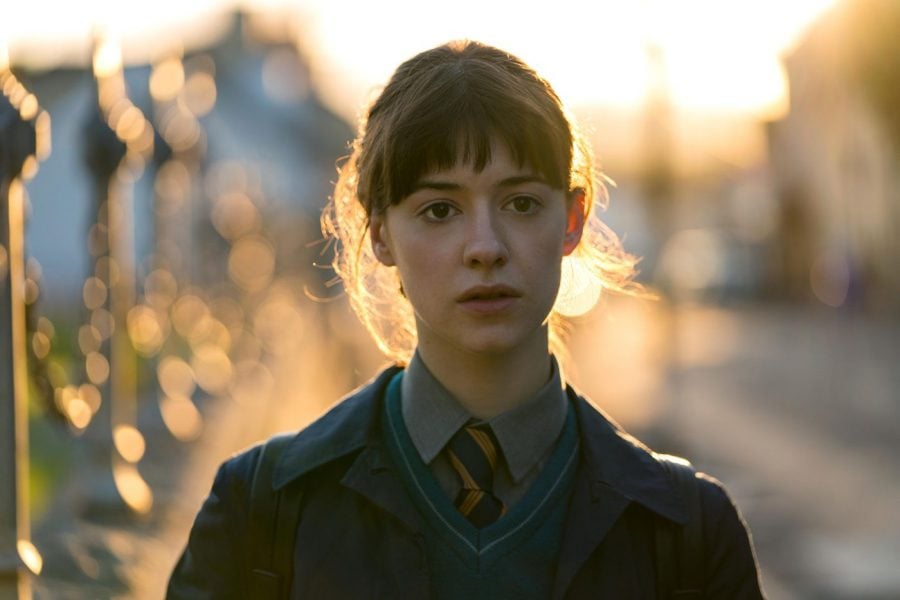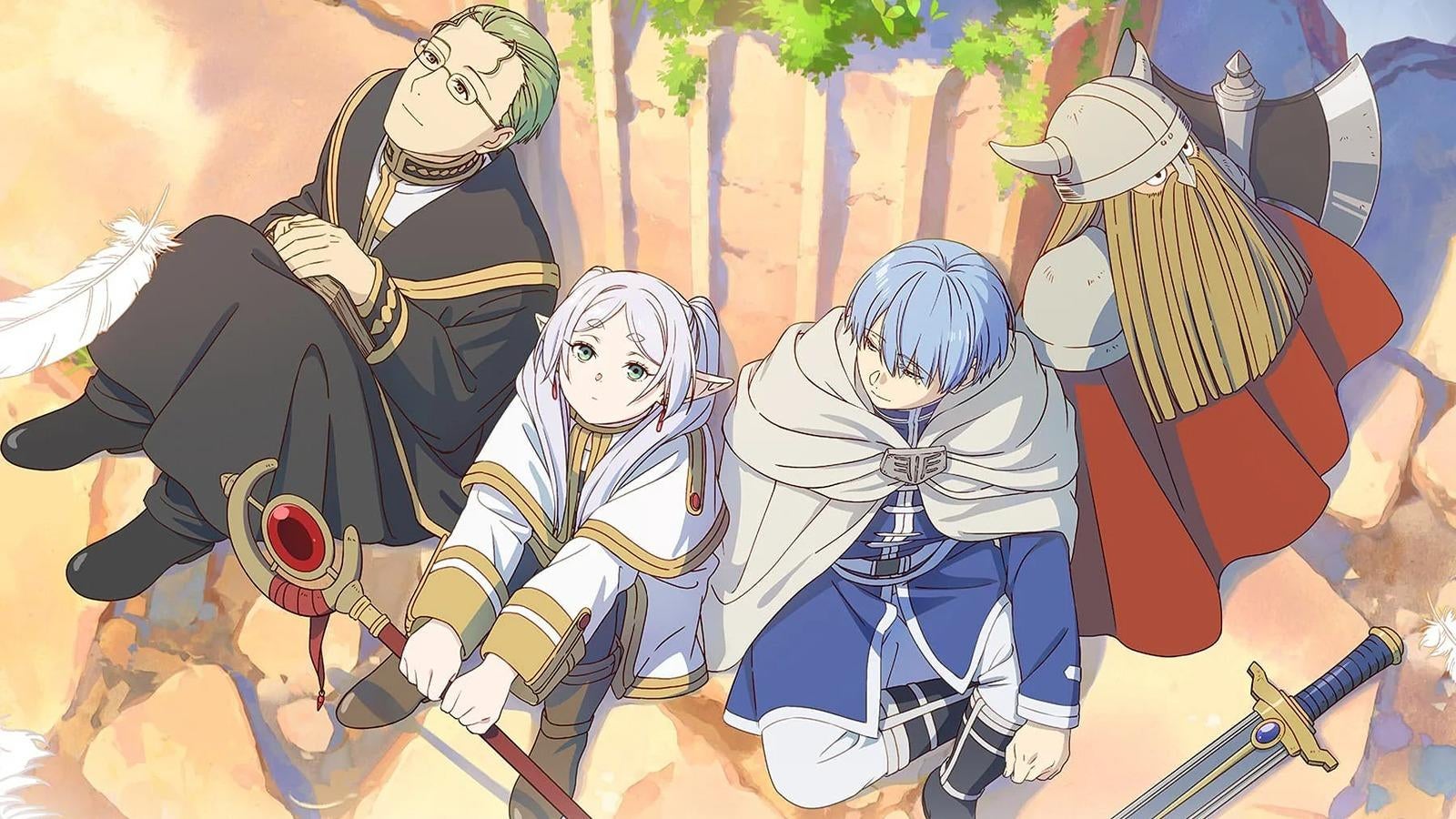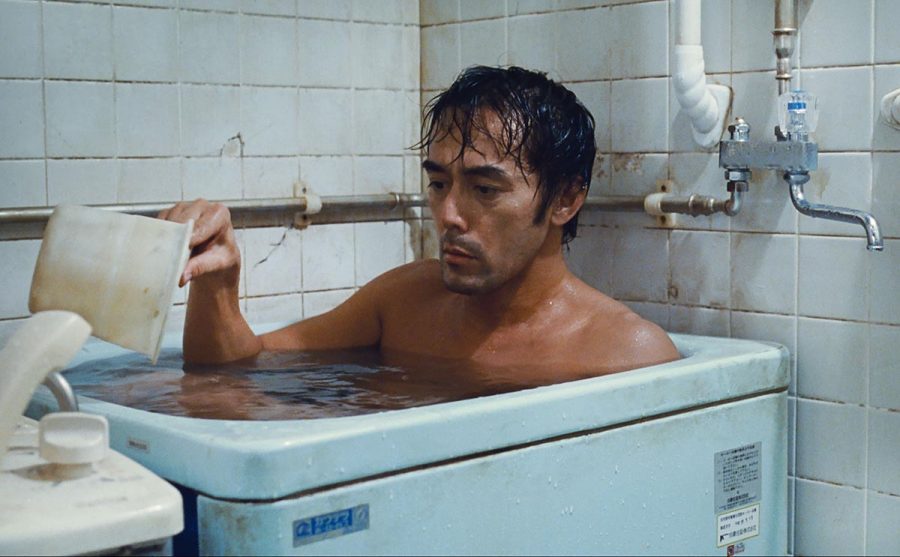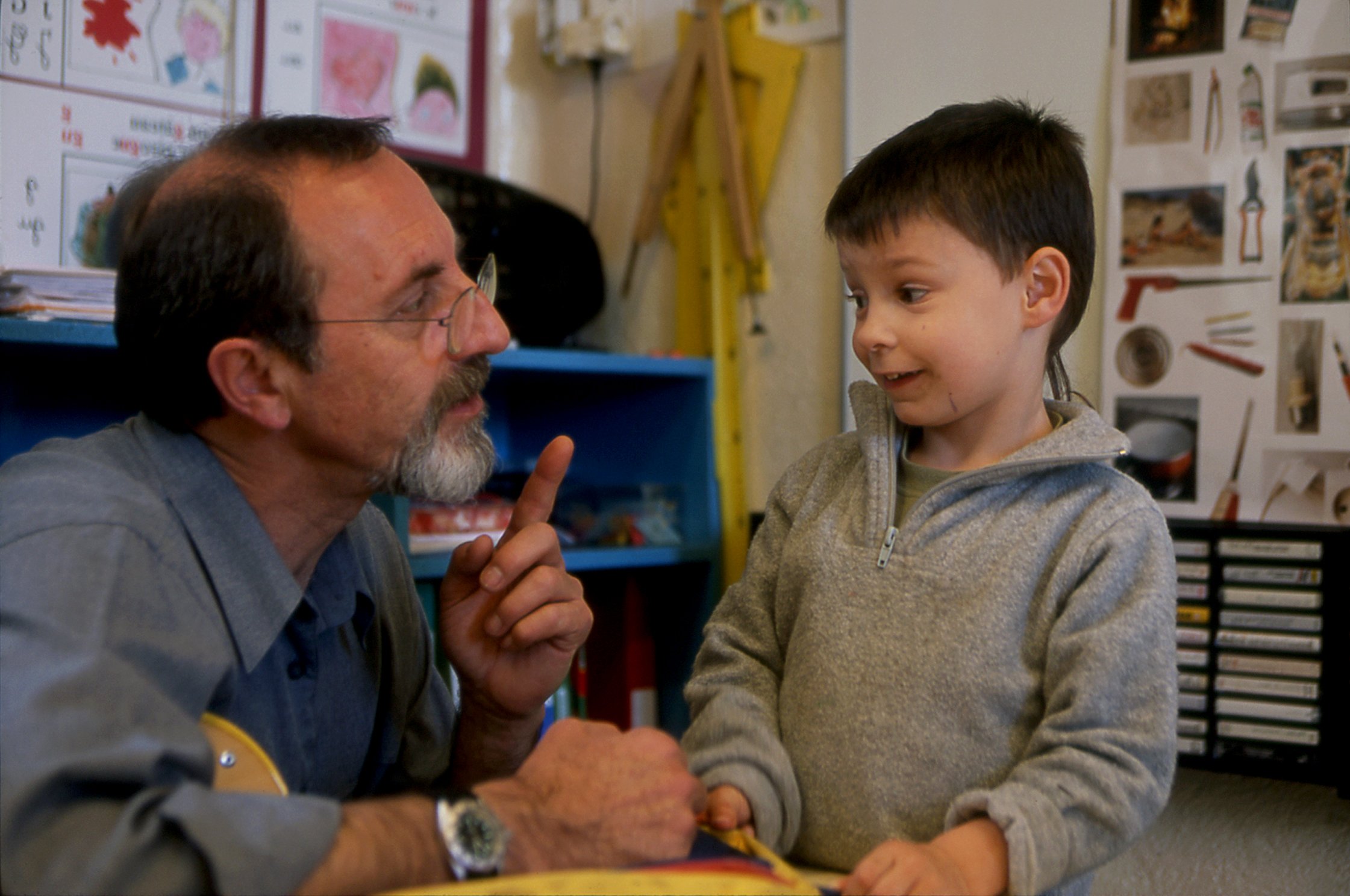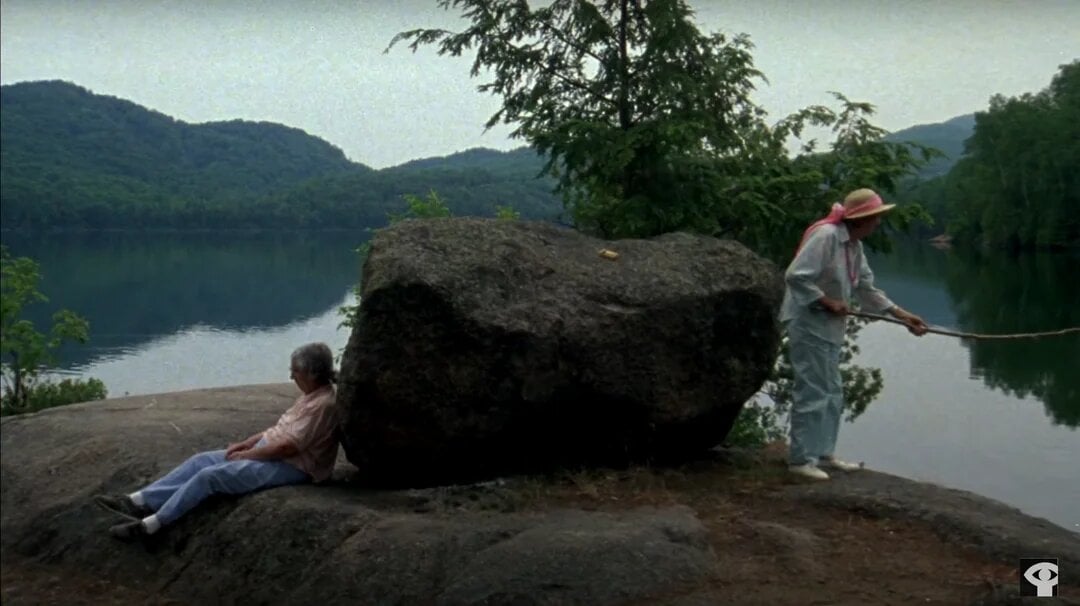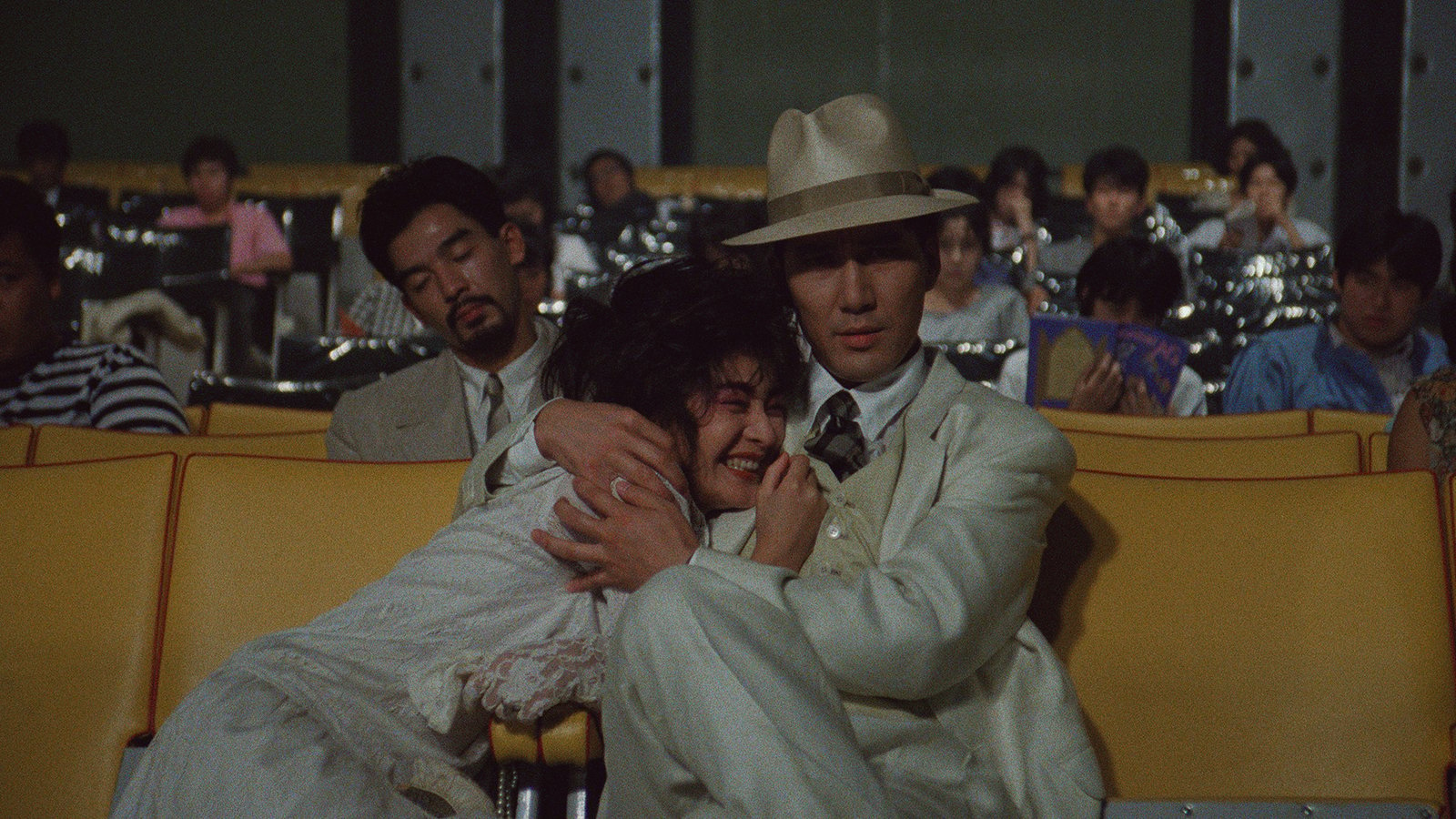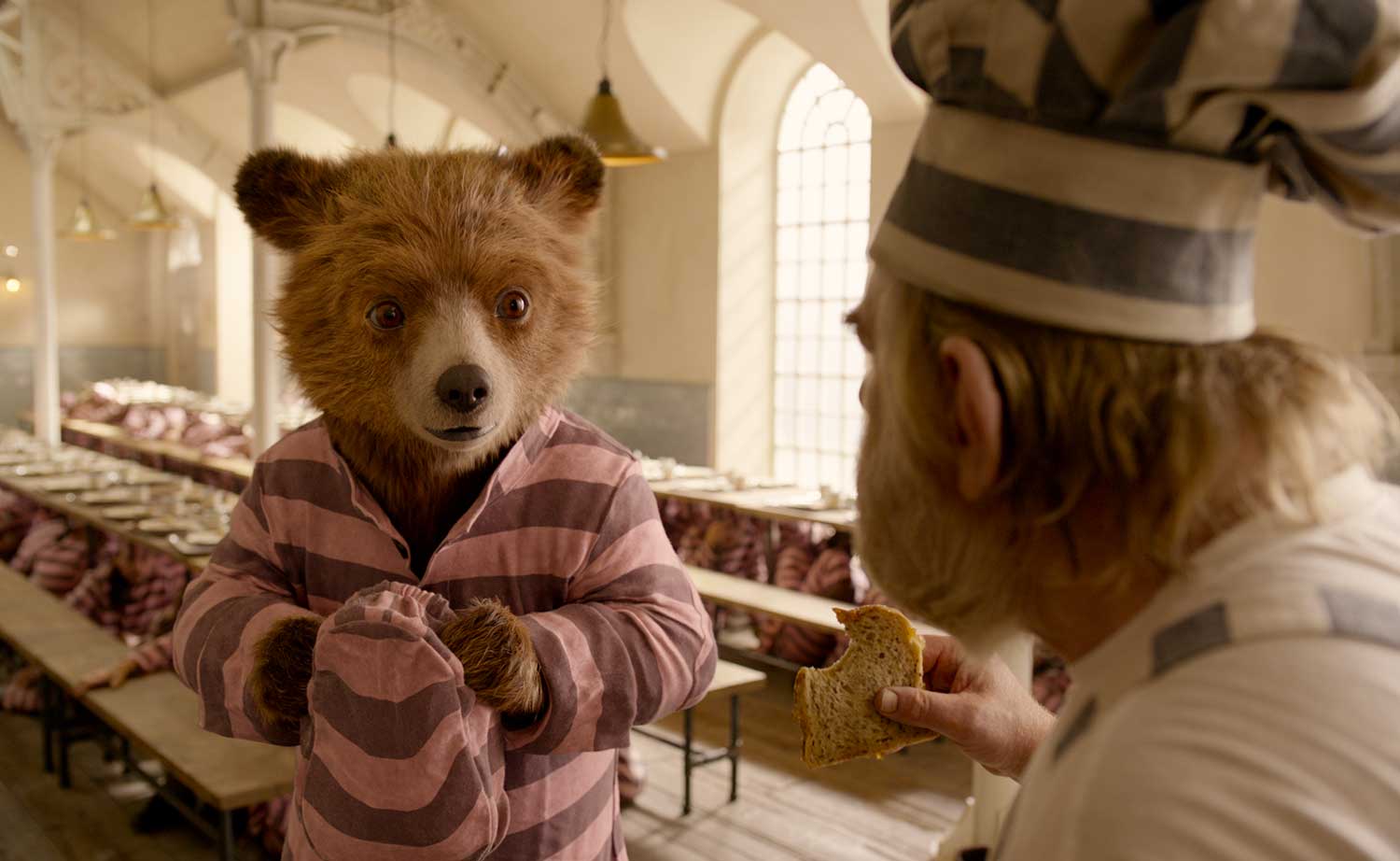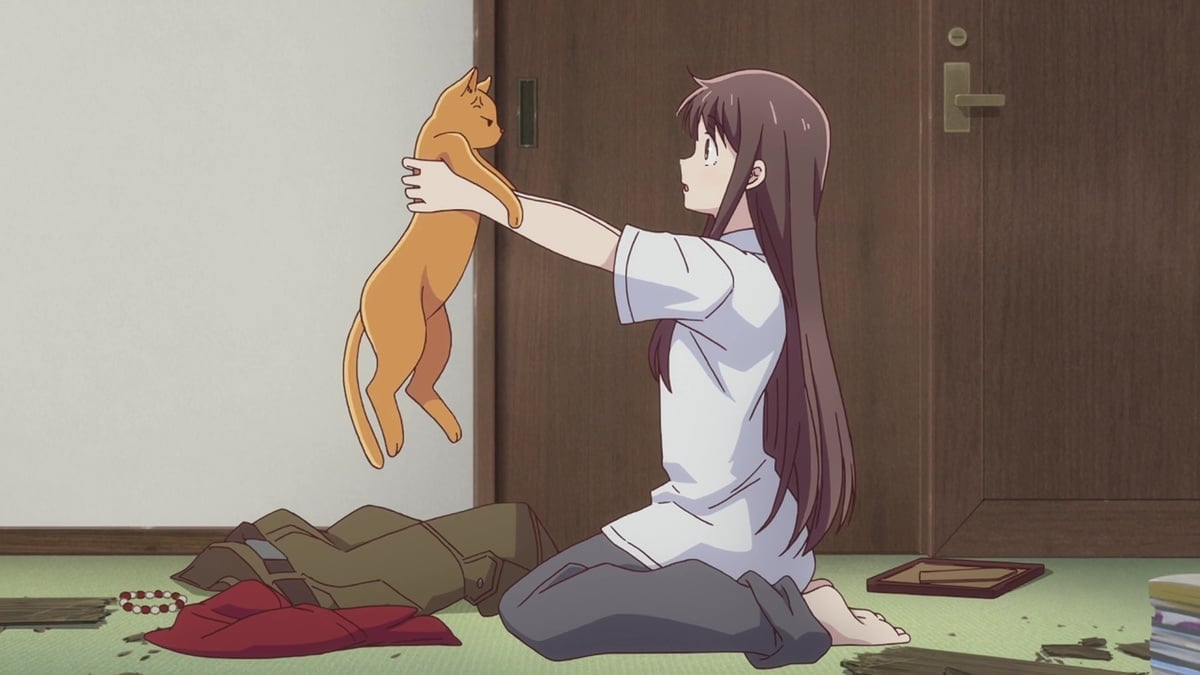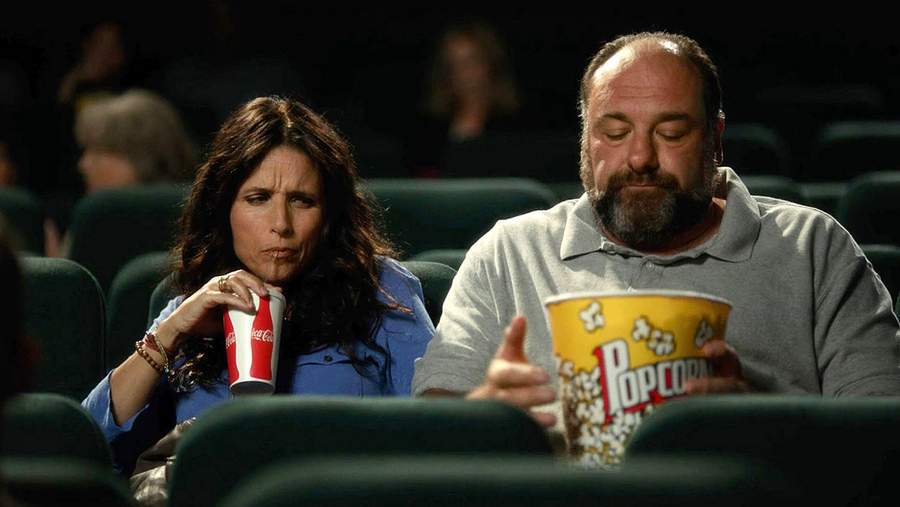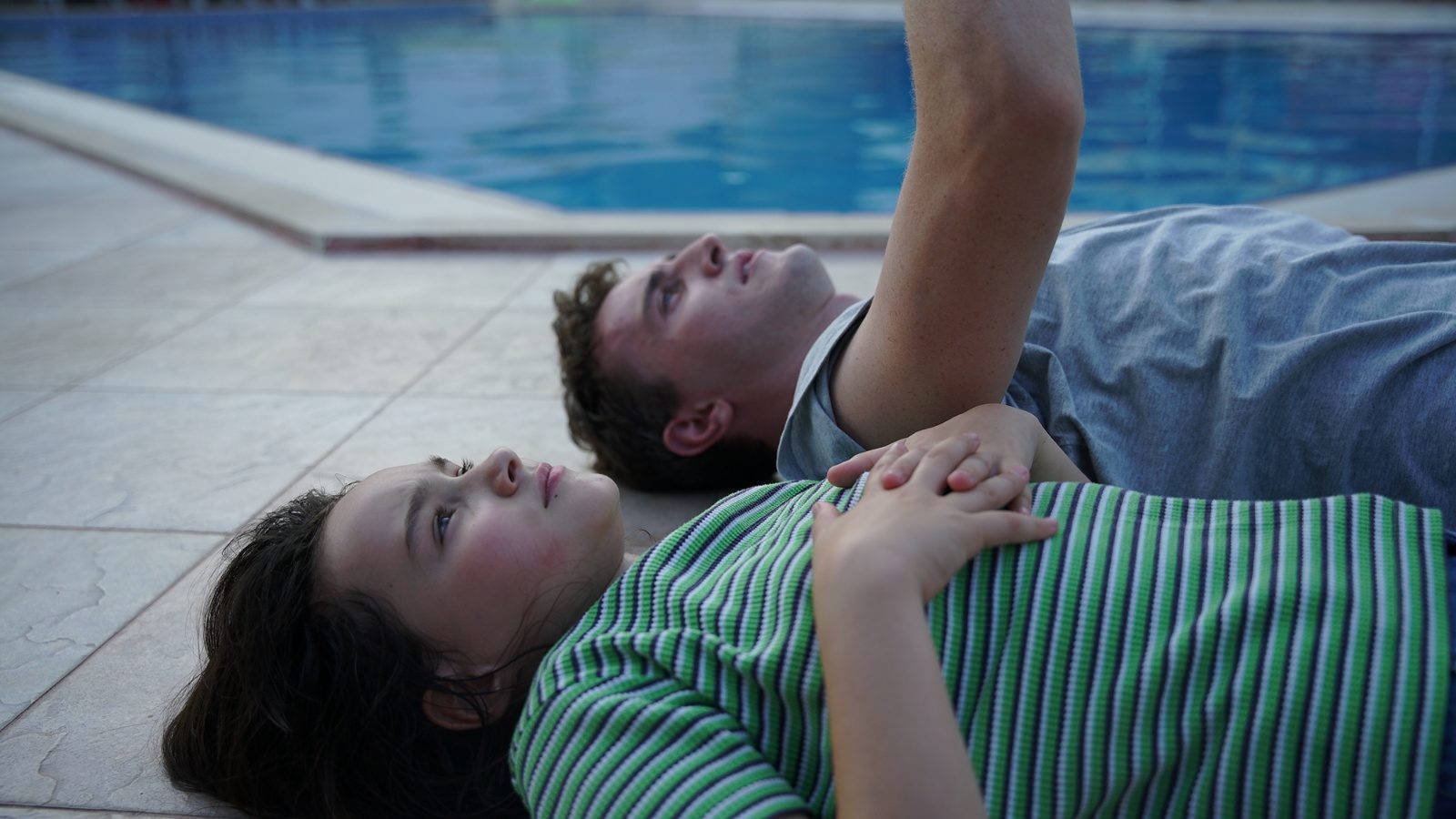Directed by Taika Waititi, who also gave us Boy (2010) and co-produced What We Do in the Shadows (2014), Hunt for the Wilderpeople is the quirky and magical buddy movie you want if you’re in need of an antidote to a bad day or a steady diet of sad movies.
It tells the off-kilter adventure story of misfit, rap-loving city kid Ricky Baker and his crusty and cantankerous foster parent ‘Uncle’ Hec, played by Sam Neill. ‘Very bad egg’ Ricky has been bounced out of more foster families than he cares to remember and is given one last chance of living with a couple out on a farm in rural New Zealand. After tragedy strikes early in the film, the unlikely pair gets lost in the wilderness and becomes subject to a nationwide manhunt.
Full of dead-pan humor and warm-hearted mockery, this audience favorite fuses visual gags delivered by a charming cast with sweeping shots of spectacular scenery!
Genre: Adventure, Comedy, Drama
Actor: Cohen Holloway, Hamish Parkinson, Julian Dennison, Lloyd Scott, Mabelle Dennison, Mike Minogue, Mike Minouge, Oscar Kightley, Rachel House, Rhys Darby, Rima Te Wiata, Sam Neill, Sonia Spyve, Stan Walker, Taika Waititi, Tioreore Ngatai-Melbourne, Troy Kingi
Director: Taika Waititi

